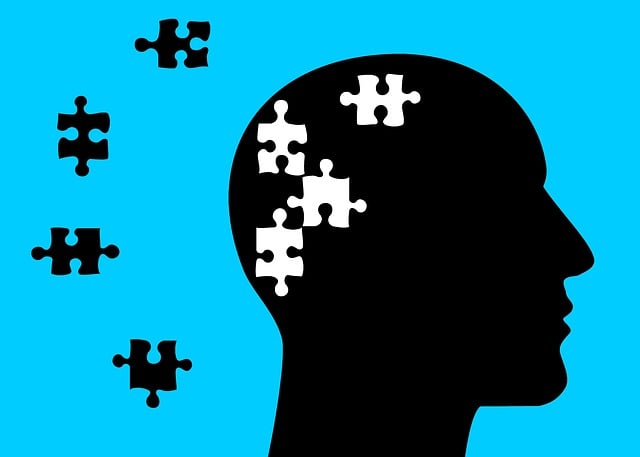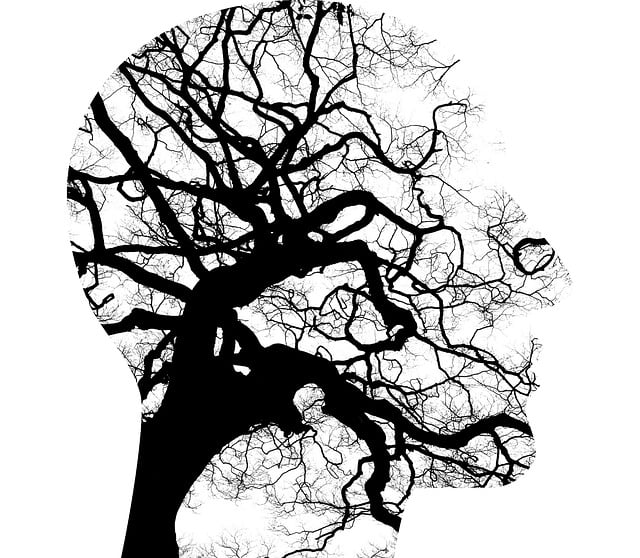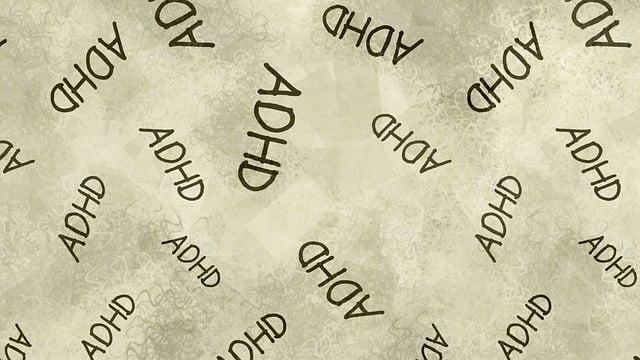Centennial Polyamorous and Open Relationships Therapy provides specialized support for individuals navigating grief within unique non-monogamous dynamics. Recognizing that mourning is a complex, individual experience, therapists validate diverse emotions, offer safe spaces through empathetic listening, and employ crisis intervention & conflict resolution techniques. This approach integrates holistic well-being practices, risk assessment, and self-care to enhance resilience and coping mechanisms, addressing the specific challenges faced by polyamorous and open relationships.
Loss, grief, and bereavement counseling is a specialized field that offers vital support during life’s most challenging times. This article delves into the therapeutic approach for navigating complex emotions surrounding loss, with a specific focus on polyamorous and open relationships. We explore unique challenges these relationships present and provide strategies for counselors to offer effective support. Understanding Centennial Polyamorous and Open Relationships Therapy ensures individuals can heal and find meaning in their experiences.
- Understanding Loss, Grief, and Bereavement: A Therapeutic Approach
- The Unique Challenges in Supporting Polyamorous and Open Relationships
- Strategies and Techniques for Effective Counseling in these Complex Situations
Understanding Loss, Grief, and Bereavement: A Therapeutic Approach

Understanding loss, grief, and bereavement is a nuanced process that requires a deep sensitivity to individual experiences. In Centennial Polyamorous and Open Relationships Therapy, we recognize that mourning isn’t a linear journey; it’s a complex tapestry woven with unique threads for every person. This therapeutic approach validates the diverse ways individuals express and experience loss, whether through death, separation, or significant change.
Through a combination of empathetic listening, Crisis Intervention Guidance, and Conflict Resolution Techniques, our therapists create a safe space for clients to explore their emotions. We encourage expression of grief in all its forms—from intense sadness and anger to feelings of isolation and confusion—aiming to facilitate healing. By integrating a holistic view of mental well-being and incorporating Risk Assessment for Mental Health Professionals, we support individuals in navigating the challenges that accompany loss while fostering resilience and coping mechanisms for the long term.
The Unique Challenges in Supporting Polyamorous and Open Relationships

Supporting individuals in polyamorous and open relationships presents unique challenges for counselors and therapists. Many traditional grief counseling approaches are designed around monogamous frameworks, which may not adequately address the complexities within non-monogamous dynamics. In these relationships, individuals often navigate multiple emotional connections and boundaries, leading to distinct grieving processes compared to more conventional relationships. Counselors must be adept at understanding and validating each person’s experience, recognizing that loss can stem from various sources within a polyamorous context, such as the ending of a specific partnership or shifts in the entire social structure.
The Centennial Polyamorous and Open Relationships Therapy approach emphasizes crisis intervention guidance tailored to these unique circumstances. It encourages clients to explore their feelings and strengthen their inner strength development. Self-care practices are also essential components, helping individuals process loss while maintaining their well-being within an open relationship framework. This specialized support ensures that those navigating non-monogamous grief receive comprehensive care that resonates with their lived experiences.
Strategies and Techniques for Effective Counseling in these Complex Situations

In addressing loss, grief, and bereavement, counselors play a pivotal role in helping individuals navigate complex emotions and adapt to life changes. Effective counseling strategies for these situations go beyond mere sympathy; they involve fostering a safe space where clients feel understood and empowered. Centennial Polyamorous and Open Relationships Therapy, for instance, can offer unique insights into managing grief within non-traditional familial structures, enhancing the therapeutic process.
Techniques such as Social Skills Training, while not exclusively for bereavement, are valuable tools to help individuals reestablish connections after loss. Empathy Building Strategies are central to establishing a strong counselor-client bond, enabling professionals to assess mental health risks accurately. A comprehensive approach that incorporates these methods ensures clients receive the support they need to heal and adapt, fostering resilience in the face of profound change.
In navigating the intricate landscape of loss, grief, and bereavement, especially within the context of contemporary polyamorous and open relationships, therapists play a pivotal role in offering tailored support. By employing empathetic strategies and techniques, as discussed, professionals can help individuals and couples process their unique challenges and foster healing. Centennial Polyamorous and Open Relationships Therapy ensures that these diverse connections are acknowledged and respected while providing a safe space for vulnerable conversations. Through this approach, counselors enable clients to find solace, rebuild, and eventually thrive amidst the aftermath of loss.












